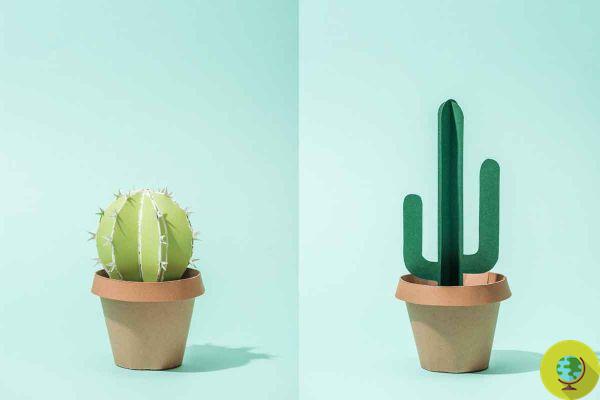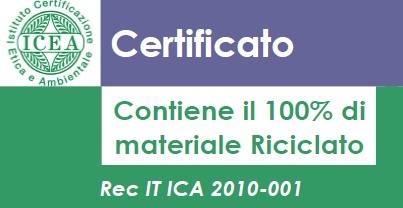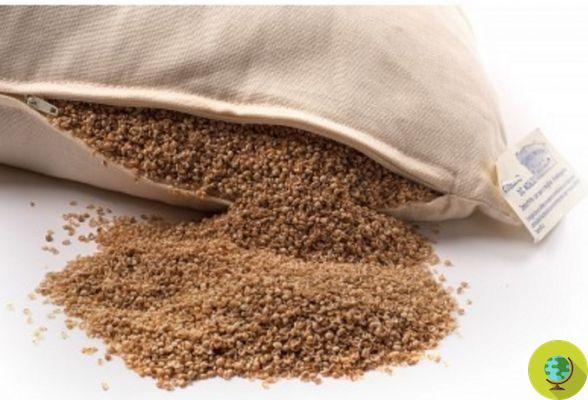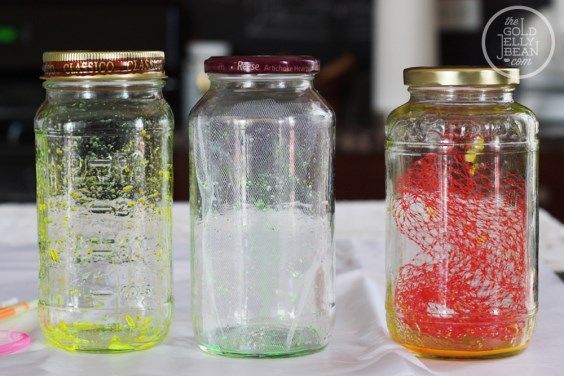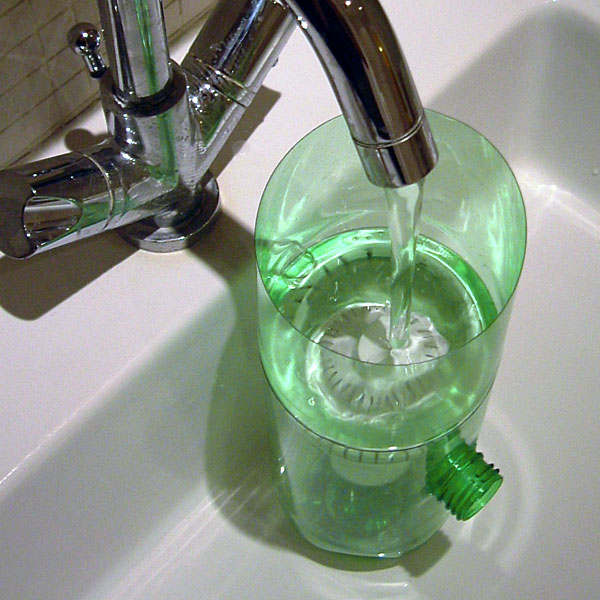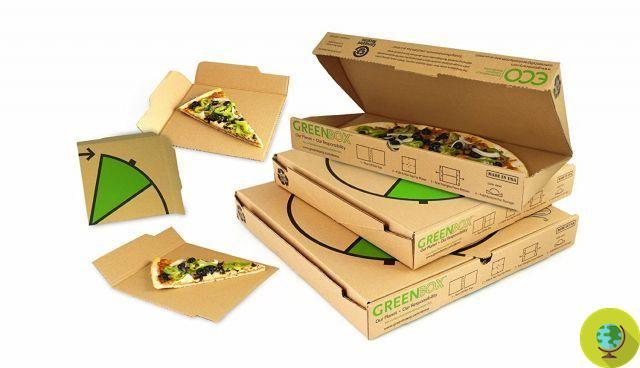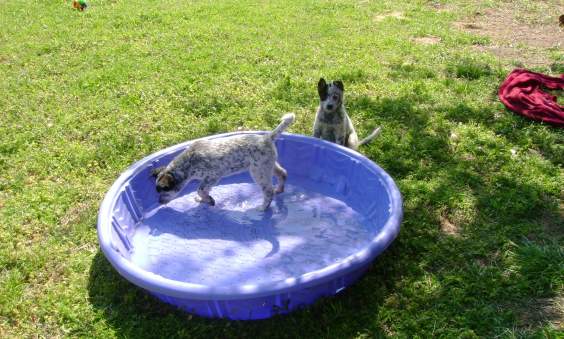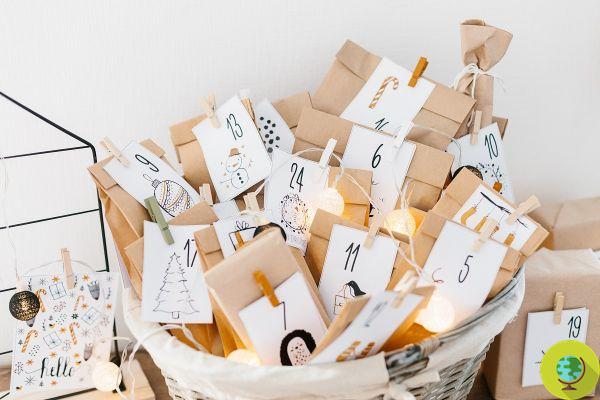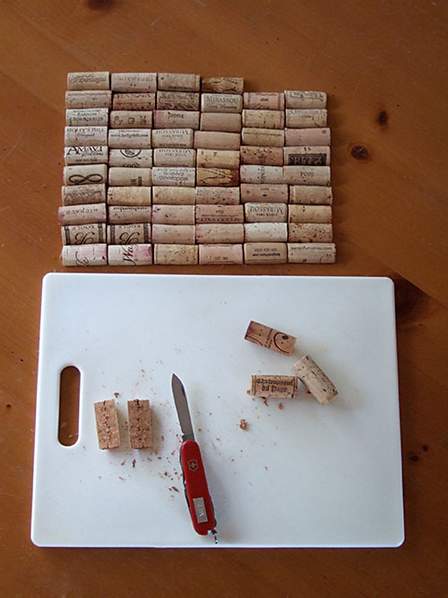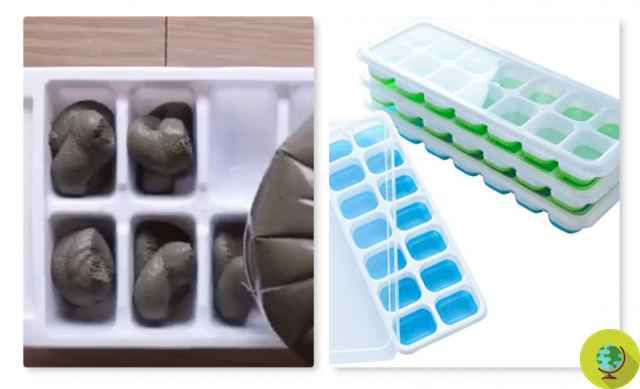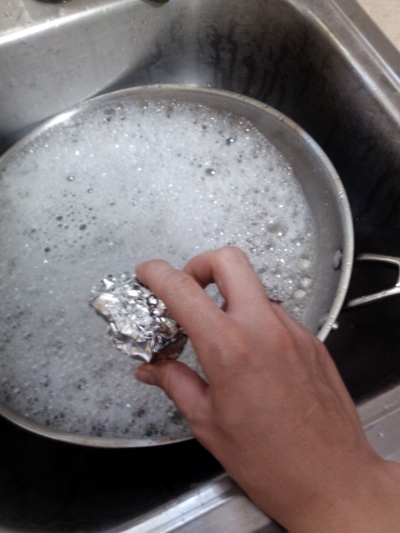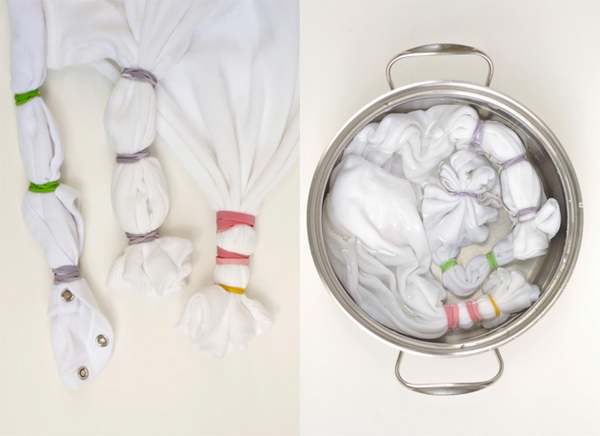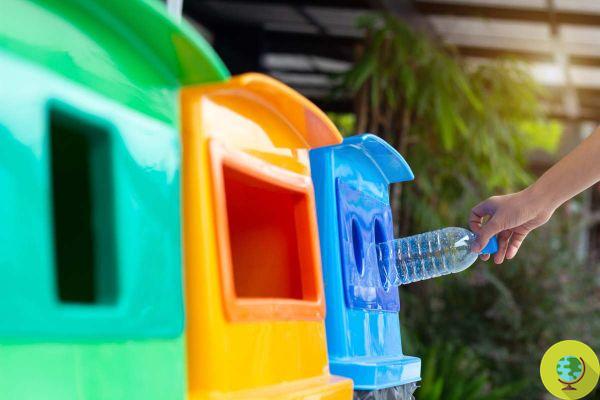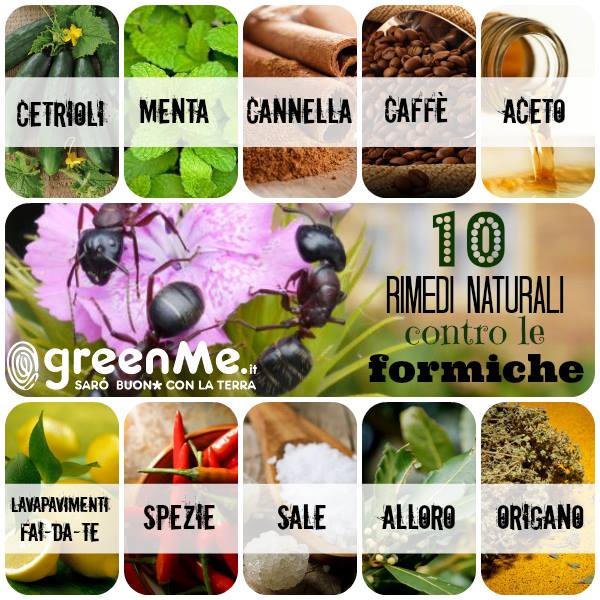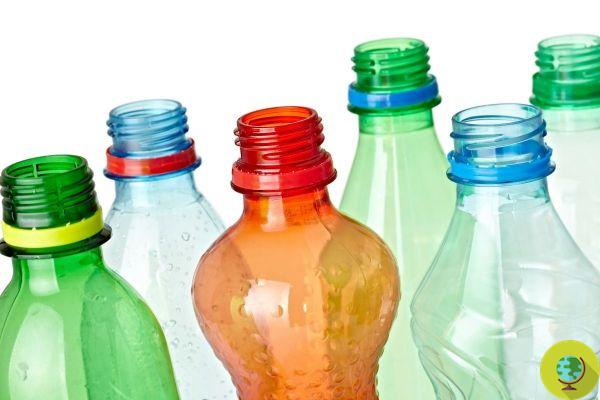
Carbios uses enzymatic degradation to destroy plastic bottles and packaging and create high quality recycled PET
He is about to end up run over, his mother saves himAfter ten years of research and studies, the Carbios company has developed an innovative plastic recycling system, which uses enzymatic degradation technology to destroy bottles and packaging and create new high quality raw materials.
Plastic, needless to mention, represents an important environmental scourge: economic, versatile, extremely widespread in the most disparate areas, it is difficult to recycle with a yield equal to the production from scratch. This leads companies to always produce new raw materials, avoiding engaging in recycling which would lead to a secondary product of lower quality, with poorer mechanical properties than the new product.
But now there seems to be a turning point. Scientists from the French company Carbios have developed a special technology capable of 'degrading' plastic in a few hours by means of enzymes and producing recycled material of the highest quality. The monomers resulting from the depolymerization process are purified and then re-polymerized into a PET material of equivalent quality to virgin PET obtained from the petrochemical industry.
(Also Read: New Super Enzyme Eats Plastic Bottles 6x Faster)
The current thermo-mechanical process of recycling plastic has numerous limitations: only pure plastic can be recycled, with a significant loss of quality in each cycle - this makes it difficult to obtain new products from 100% recycled PET (a component is needed of virgin plastic to keep the mechanical properties of the material unaltered. Instead, enzymatic recycling allows the infinite recycling of all types of plastic waste and the production of 100% recycled and recyclable PET products, without losing the quality of the material. this system, plastic and textile waste become a precious material that allows the circular economy to become a solid reality: even waste so far considered non-recyclable will soon be included in the virtuous cycle of recycling.
We have created transparent food-grade bottles from colorful and complex plastic, enzymatically recycled and with properties identical to virgin PET - explains the CEO of Carbios, Jean Claude. And we have demonstrated the feasibility of the technology. This is a truly transformative innovation that could finally close the loop on PET plastic supply globally, so that it never becomes a waste.
The new technology has already made it possible to create a 'pilot' line of 100% recycled single-use bottles and other containers that will be used by Carbios' business partners (such as L'Oréal, Nestlé Waters, PepsiCo). Next September, Carbios will launch a demonstration plant, and then move on to the inauguration of an industrial plant with 40.000 tons of recycled PET by 2025.
[PressRelease https://t.co/5ec8i79ecZ] Today along with our Consortium members, we are unveiling the first food-grade branded bottles made from our enzymatic recycling process. @LOrealGroupe @NestleWatersHQ @PepsiCo @SuntoryGlobal @SuntoryBF_FR @SuntoryBF_GBI #endlesslyrecyclable pic.twitter.com/KNPdGVy6er
— Carbios (@Carbios) June 24, 2021
Source: Carbios
- We also recommend:
- LEGO reveals the first brick prototype made from recycled plastic
- RPET: what is recycled plastic, how and when it can be used for mineral waters
- In New York, the pop-up shop of only "food" made of recycled plastic to denounce the abuse of throwaways







